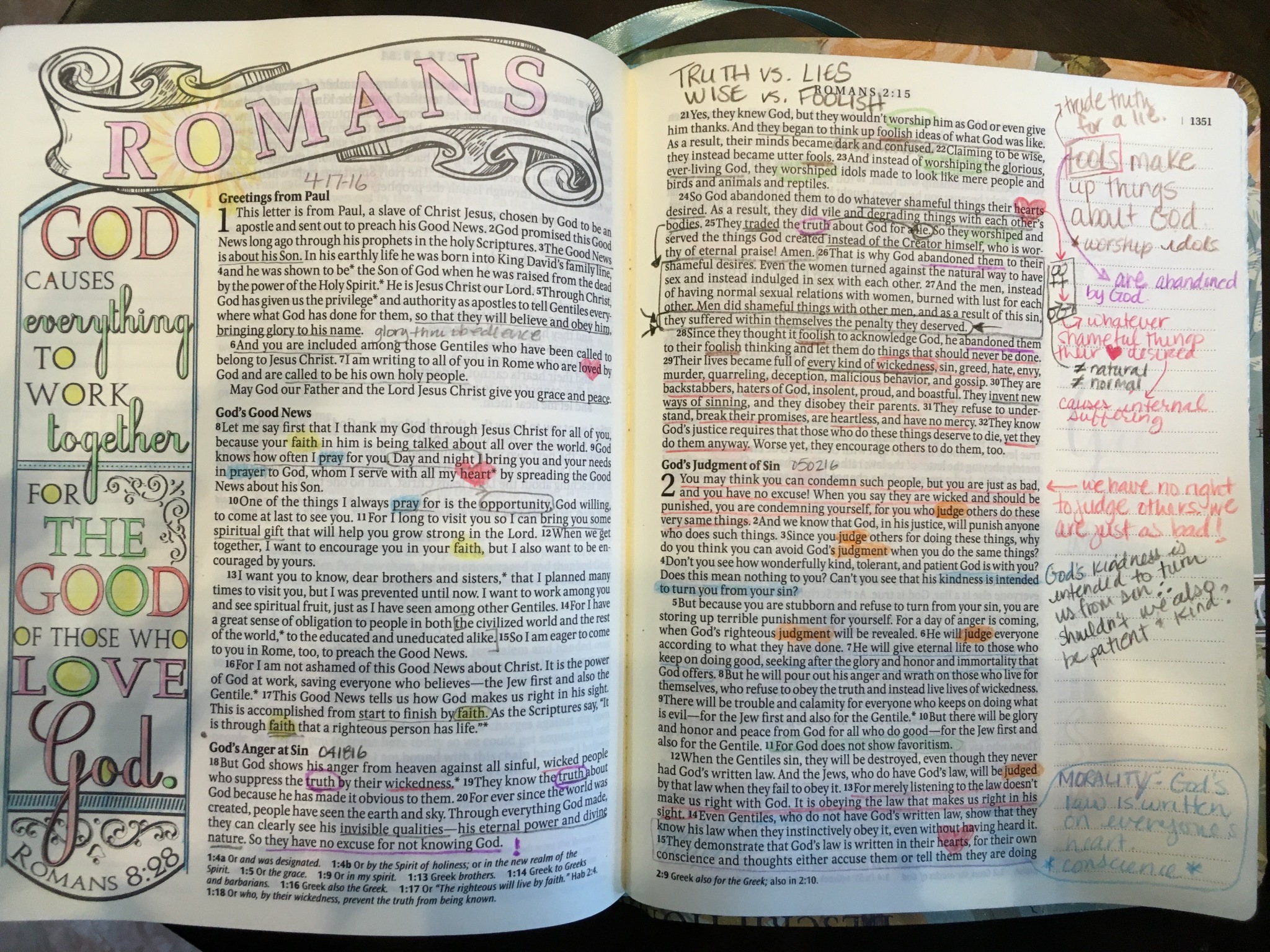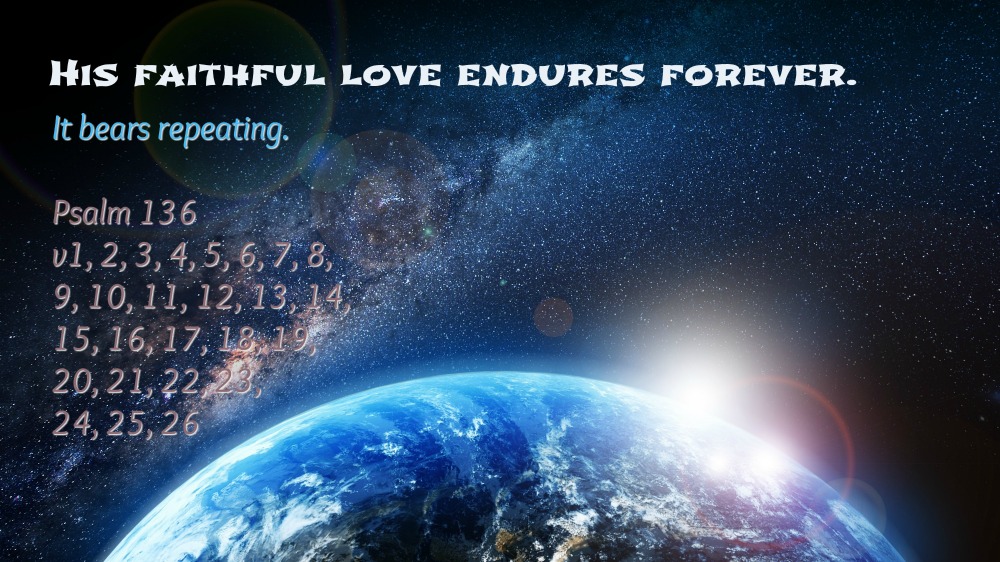There are times in my life when GOD shows up and it is unmistakably Him. It can happen in a conversation with someone (divine appointment), an answer to prayer, an idea, or a coincidence. Most recently, God showed up in the last days of my mother’s life.
Mom was 94 and had been in hospice for about nine months. Hers was a slow decline, which was both fortune and unfortunate: fortunate in that we had time to say goodbye; unfortunate in that we had to watch her decline.
In the last month of her life, there were times that she didn’t recognize me when I visited. One time, specifically, when I went with my daughters, Mom was hospitable but distant, simply humoring us–whoever we were–until we left. The last time I had lunch with her, a week before her death, it was different. She was awake, alert, and happy to see me. She recognized me and ate all the lunch (Arby’s classic roast beef sandwich) I’d brought for her. She downed a full Diet Dr. Pepper. We called my brother and the three of us had a nice chat–the first one in a while, because I didn’t call my brother when my mom wasn’t doing well or didn’t recognize us. It was just like pre-hospice times. In retrospect, I should have known that visit was a gift from God. One last chance to be with my mom before her passing.
A week later, she had the last of what had been several minor strokes. With each one, she’d bounce back in an hour or so but take a hit cognitively. I had no reason to think this one would be different until hospice called the next morning. She’d been unresponsive for sixteen hours. “This is the one we’ve been waiting for,” the hospice nurse told me. “She won’t come back from this.”
I spent that day in her room, first with my daughters and then with my husband. It was a Friday, and school had been canceled for the day because Houston was anticipating a freeze. Another God thing: my daughters were able to see their grandmother on the last peaceful day of her life. Mom didn’t move other than to make a face whenever they gave her what must have been very bad tasting medicine. When they roused her, I would talk to her and let her know we were there. One time I asked her, “Are you tired?” and she said. “Yes.” The last conversation with my mom.
Saturday, I knew when I walked in that day would be her last. Her breathing had changed. Gone were the restful snores from the previous day. I spent the morning in her room, just her and I. Knowing her love of music, I played hymns on my cell phone. The first one that came on at random happened to be her favorite. Another affirmation from God. I dosed in her reclining chair. At some point, my husband called me–I don’t remember why–and that woke me. After we got off the phone, I looked at Mom and knew it was time. I was there, awake, at her side when she left us. It’s funny how that is how I always pictured it, and it came to pass because God is good and knew that was what I needed. I would have missed it except for that phone call from my husband.
God was even in the funeral arrangements. Through a series of closed doors, recommendations, and cupcakes, I ended up in the right funeral home. Mom was buried at the National Cemetery in Houston on a lovely winter morning. That gift, was for my brother. He said afterward he couldn’t have handled a long, indoor memorial service.
Why am I writing all this? To REMEMBER. Much like the Israelites, who were instructed to place stones as memorials when God had done great things, I write this blog post to be a memorial stone. There are times when our faith is tested, when we might doubt if God is good, if He is there, if He cares. In those times, I look back to these times. It’s worth memorializing all the many ways He showed Himself to me.
Thank you, God. And tell my mom I miss her.

It was there at Gilgal that Joshua piled up the twelve stones taken from the Jordan River. Then Joshua said to the Israelites, “In the future your children will ask, ‘What do these stones mean?’ Then you can tell them, ‘This is where the Israelites crossed the Jordan on dry ground.’ For the Lord your GOD dried up the river right before your eyes, and He kept it dry until you were all crossed over. He did this so all the nations of the earth might know that the Lord’s hand is powerful, and so you might fear the Lord your GOD forever.”
~Joshua 4:20-24






